Search Results for 'young officer'
5 results found.
Rats ate the nuns’ Christmas dinner
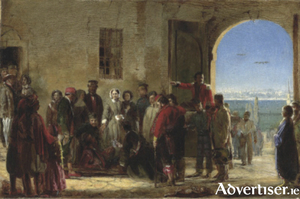
In the hopelessly disorganised Allied army which fought Russia in the Crimean War 1853 - 1856, 15 Sisters of Mercy from Ireland played an heroic role in establishing revolutionary nursing practices in the chaos of the terrible hospitals of the day. They undoubtedly saved hundreds of lives, and brought comfort to the young injured and dying men, and laid out principals for modern nursing which were widely regarded as the standard for decades to come.
Rats ate the nuns’ Christmas dinner Week IV
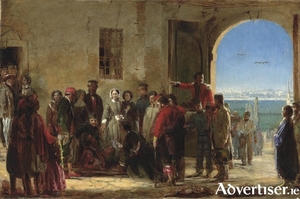
In the hopelessly disorganised Allied army which fought Russia in the Crimean War 1853 - 1856, 15 Sisters of Mercy from Ireland played an heroic role in establishing revolutionary nursing practices in the chaos of the terrible hospitals of the day. They undoubtedly saved hundreds of lives, and brought comfort to the young injured and dying men, and laid out principals for modern nursing which were widely regarded as the standard for decades to come.
A portrait of a lady
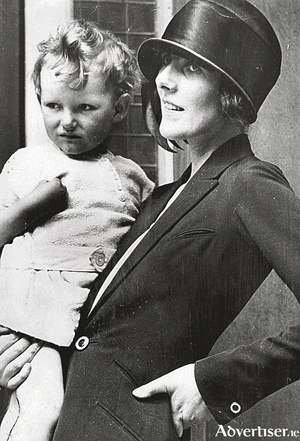
Some months after Lady Christobel Ampthill’s spectacular accident (her horse who refused to jump a flooding stream, and she was thrown into the river, and nearly drowned), Michel Déon and his wife Chantal, came across her sitting in her car near Kinvara.* She clearly looked distressed. There was a rumour that she had not fully recovered from her accident. She was getting forgetful.
‘Have you news of my boy Jack?’
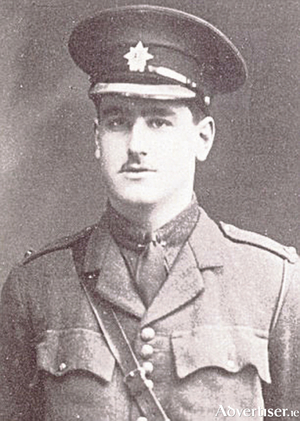
Such were the demands on many young men, not motivated by any political ideal, or heroic pressure, to fight for their king and country in 1914, but were driven by the sense of advtenture and excitement, that war often evokes in the hearts of young men, that they queued in their thousands to answer the call to arms. If unsuccessful, due to some physical deficiency (although medical check-ups were usually just a formality), family often used its influence to gain admission to the armed forces.
Soldiers of 1916 - ‘generally understood in the masculine sense’
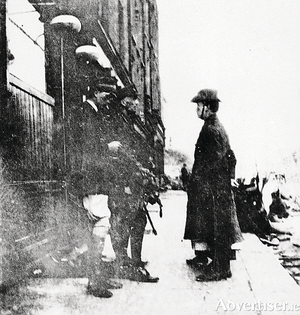
Despite the crucial role many women played in the 1916 Rising, very few were given the credit they deserved. In fact some were refused a pension for many years because they were not ‘men’. In at least one case, the valiant role played by Nurse Elizabeth O’Farrell was simply airbrushed out of history.

